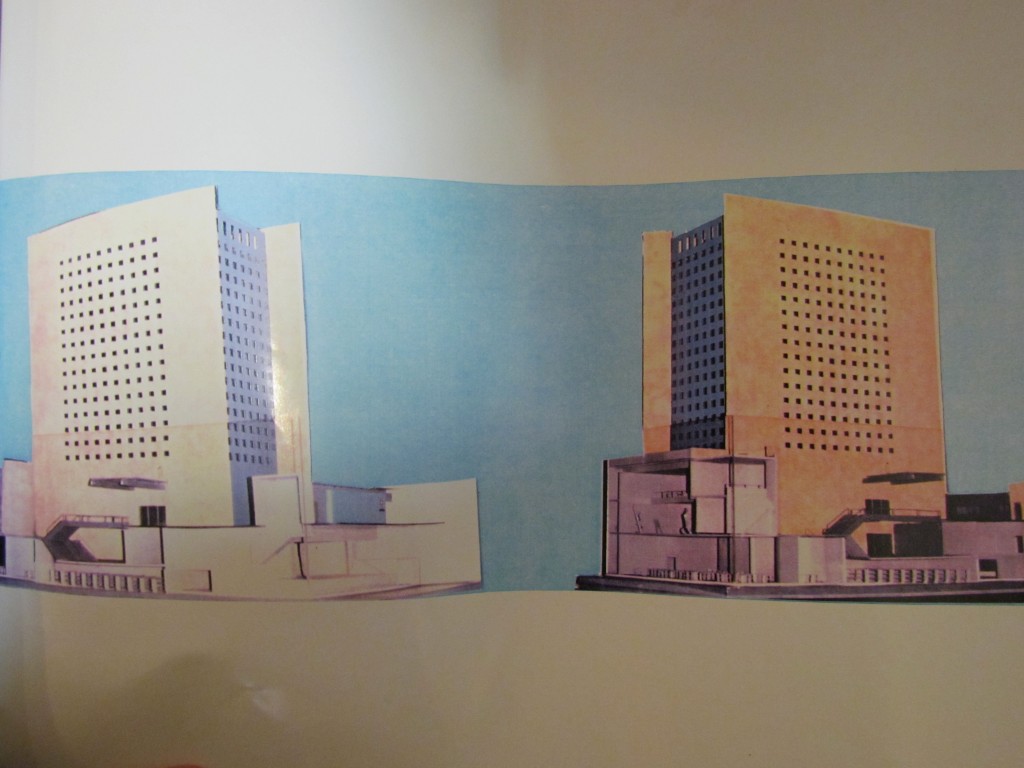Please join us for the Ethnoise! workshop this Thursday, May 24th at 4:30, in Goodspeed Hall room 205. Lillian Wohl, PhD candidate in Ethnomusicology, will present:
“The Café and the Espectáculo: ‘Diasporic Cannibals,’ Collective Remembrance, and Musical Mate[realities] in Jewish Performance at the Asociación Mutual Israelita Argentina (AMIA)“
Abstract:
The 1994 bombing of the Jewish community center in Buenos Aires (the Asociación Mutual Israelita Argentina, or AMIA) endures as a lasting site of profound significance, central to the question of Jewish belonging in Argentina. In the wake of this attack, cultural forms have come to bear greater importance as markers of Jewish identity within both secular-ethnic and religiously observant Jewish communities, where a renegotiation of the forms and values of personal and communal interests intersect with public, politicized discourses on memory, justice, and oblivion. While the AMIA building was rebuilt and re-inaugurated in 1999, and now functions as a working mutual aid society, library, archive, and administrative center, it is through the social worlds provided by musical engagement that community participants explore a variety of expressive practices to commemorate Jewish heritage through the performance of Jewish music and memory. As the most important center for Jewish music appreciation in Argentina, the AMIA plays a critical role in determining the character of Jewish music in Buenos Aires, disseminating music, and providing support to musicians traveling in the region. In this paper, I will discuss two spaces of musical performance, the Café Literario and the weekly espectáculos performed in the Auditorio AMIA.I offer an understanding of these disparate musical materials performed at AMIA, by analyzing them through the theoretical lens of cultural cannibalism. Proposed by the Brazilian theorist of the early 20th century, Osvald de Andrade, and appropriated by the Brazilian tropicalists in the 1960s, “cultural cannibalism” refers to a style of creative engagement that mixes disparate pop, traditional, and radical aesthetic elements to form a comprehensive mode of self-expression and self-definition with decisively political connotations. I believe that an exploration of the social and aesthetic processes of incorporation that define the politicized, Jewish experience in Buenos Aires point to a “diasporic cannibalism” at work in the commemorative musical practices at AMIA, where performers localize musical forms and traditions from the wide variety of styles associated with the global Jewish diaspora across historical periods. 

